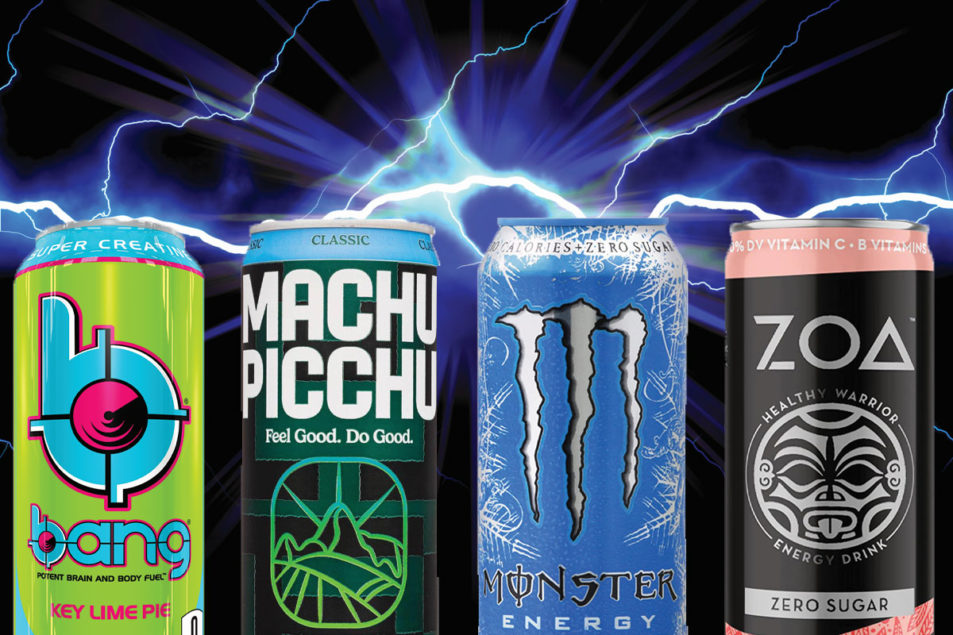The Role of Caffeine in Energy Drink and Workout Performance

Energy drinks are getting more sought-after by athletes and fans looking for a quick surge of energy. Caffeine is the most important ingredient in a variety of drinks that are energy-based and is believed to have stimulant properties that increase your capacity to concentrate, alertness, and physical performance. The article below will look at the role that caffeine plays in energy drinks, as well as the effect it can have on performance when you work out.
What is Caffeine and How Does it Work?
Caffeine acts as a stimulant that’s naturally present in tea and chocolate, as well as in energy beverages. Consuming caffeine increases the activity of the nervous system’s central region which results in an increase in focus, alertness, and energy.
It also boosts levels of adrenaline, one of the most potent hormones that boost fitness by increasing heart rate, breath rate, and metabolism.
Caffeine and Workout Performance
Research has proven that caffeine may enhance the physical performance of people during exercise by decreasing fatigue and increasing productivity. It also has been demonstrated to increase reactions as well as muscle contractions. This makes it easier to finish workouts with greater focus and intensity. It also aids in the release of fats from the tissues of the adipose, providing energy during exercise.
The Right Dosage
While caffeine can be helpful for performance during workouts, it is essential to consume the amount in small quantities. In excess, caffeine consumption can trigger negative side effects such as anxiety, jitters, and heartbeats as well as anxiety. The dose most commonly recommended for coffee recommended to adults of 400 milligrams per day, which is equivalent to 4 cups of tea. Energy drinks can contain different amounts of caffeine. This is why it is crucial to research the label prior to drinking.
If you didn’t know there are also some good Immunity drinks like this immunity aid that increase athletes immunity strength during cold seasons.
Timing of Caffeine
Consumption Timing caffeine intake is crucial to ensure optimal performance during your exercise routine. Drinking coffee before exercising can help boost physical performance, whereas drinking it immediately after exercising may aid in recovery and ease discomfort in your muscles. It is suggested that you drink caffeine between 30 to 60 mins prior to your workout to allow it to function.
Caffeine and Hydration
The caffeine in coffee can be diuretic. This means it can cause rapid production of urine as well as an increase in the amount of water. It is crucial that you drink plenty of fluids prior to, during, and after exercising to keep hydrated and prevent dehydration. This is especially important when you drink energy drinks as they usually contain high levels of sugar and caffeine.
Alternatives to Energy Drinks
While these drinks are beneficial for improving fitness performance, however, they’re not the sole choice. There are various alternatives to drinks that have similar advantages, like the green tea Guarana as well as yerba Mate. They’re less caffeinated and are also high in antioxidants as well as rich in other nutrients beneficial to you.
Conclusion
In the final analysis, caffeine is an important component in various energy drinks. It’s helpful for exercise performance since it enhances focus, endurance, and alertness. But, it is essential to drink moderately and stay well-hydrated to avoid negative effects. There are many other options for drinks that are energy-rich, such as green tea or yerba mate, which are effective in improving fitness performance as well as providing additional health benefits.
